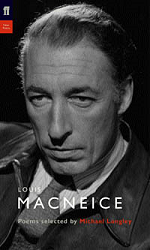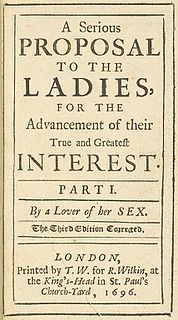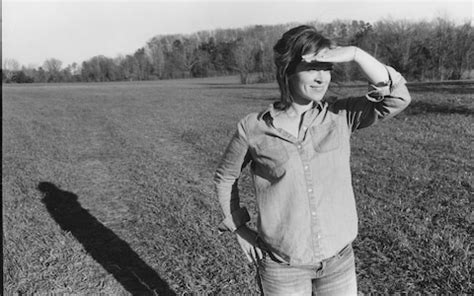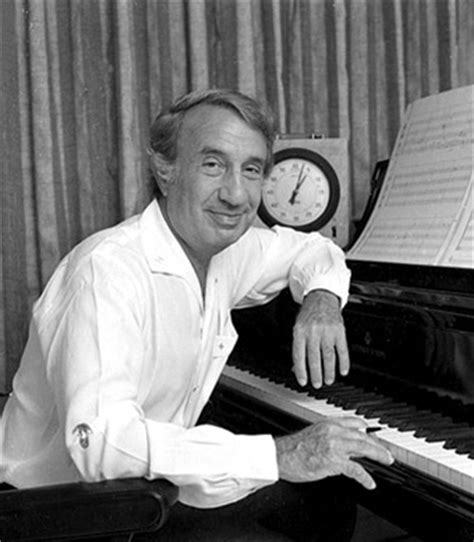A Quote by Ann Bridge
the essence of vulgarity seemed to lie in the pretence at being or the attempt to be, something that one really was not, with the resulting lack of ease and dignity and taste.
Related Quotes
One is born with good taste. It's very hard to acquire. You can acquire the patina of taste. But what Elsie Mendl had was something else that's particularly American––an appreciation of vulgarity. Vulgarity is a very important ingredient in life. I'm a great believer in vulgarity––if it's got vitality. A little bad taste is like a nice splash of paprika. We all need a splash of bad taste––it's hearty, it's healthy, it's physical. I think we could use more of it. No taste is what I'm against.
The Jews could be put down very plausibly as the most unpleasant race ever heard of. As commonly encountered they lack any of the qualities that mark the civilized man: courage, dignity, incorruptibility, ease, confidence. They have vanity without pride, voluptuousness without taste, and learning without wisdom. Their fortitude, such as it is, is wasted upon puerile objects, and their charity is mainly a form of display.
Jean was visited by one of her rare moments of happiness, one of those moments when the goodness of God was so real to her that it was like taste and scent; the rough strong taste of honey in the comb and the scent of water. Her thoughts of God had a homeliness that at times seemed shocking, in spite of their power, which could rescue her from terror or evil with an ease that astonished her.
Certainly each side - the 'absolutists' and the 'constructivists' or 'humanists', as I've labelled them - accuses the other of hubris, and lays claim to humility. I see hubris on both sides: a pretence that we could ascend to an objective account of the world, on the one hand, and a pretence that we have the resources to live and act without a sense of there being something to which we answerable, on the other. So both sides are 'villains'.
Anyone who lives with poor health or chronic pain, or who has endured poverty - real poverty - knows what it is to live with lack and a resulting fear so incessant that it becomes thoroughly normalized, invisible in its ubiquity. If you're lucky enough to have that fear begin to ease, it's an odd experience. A stranglehold eases off your entire body, one you never fully realized was there.


































